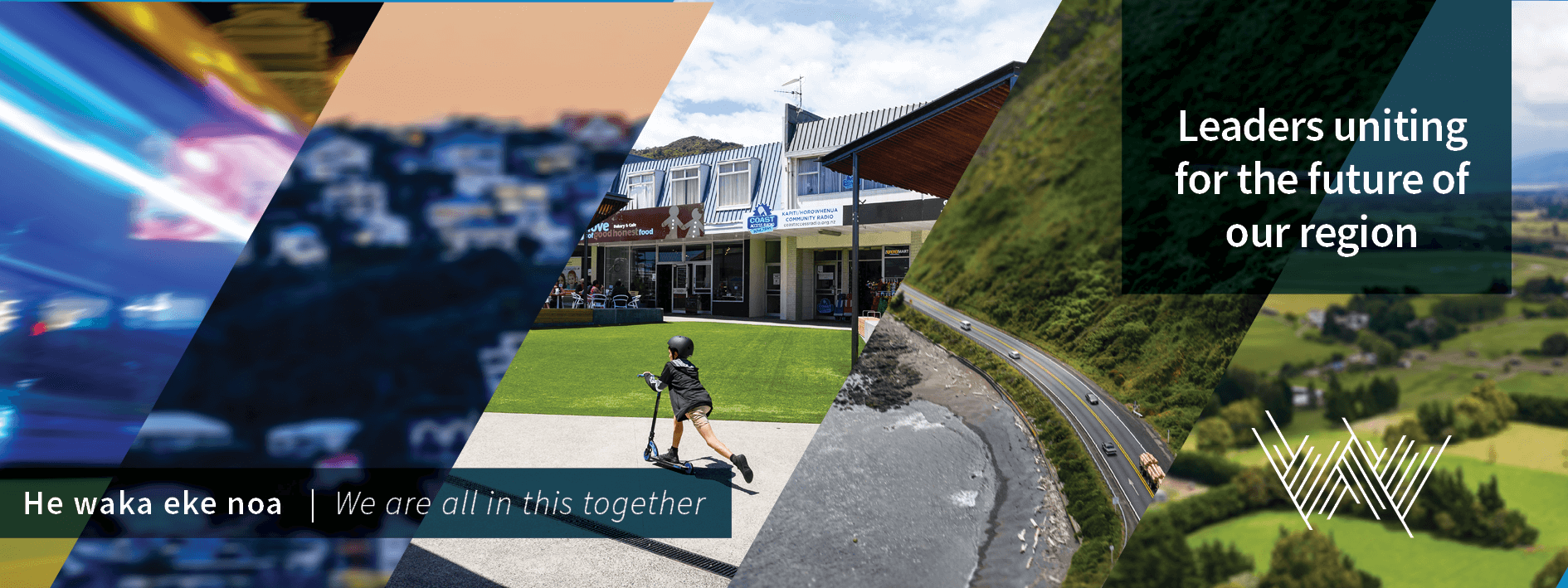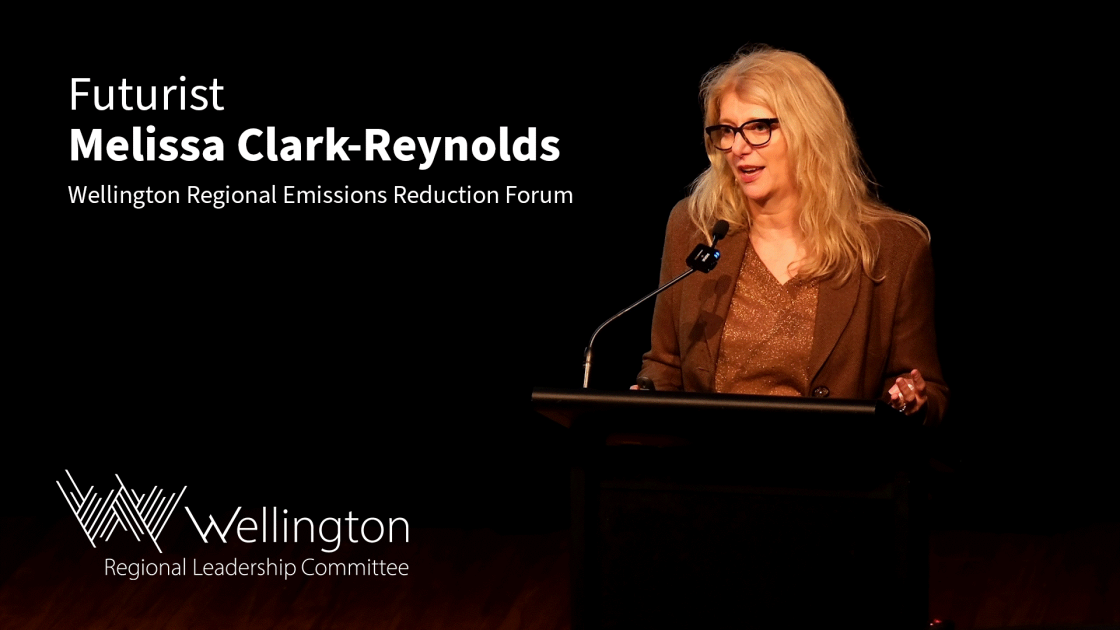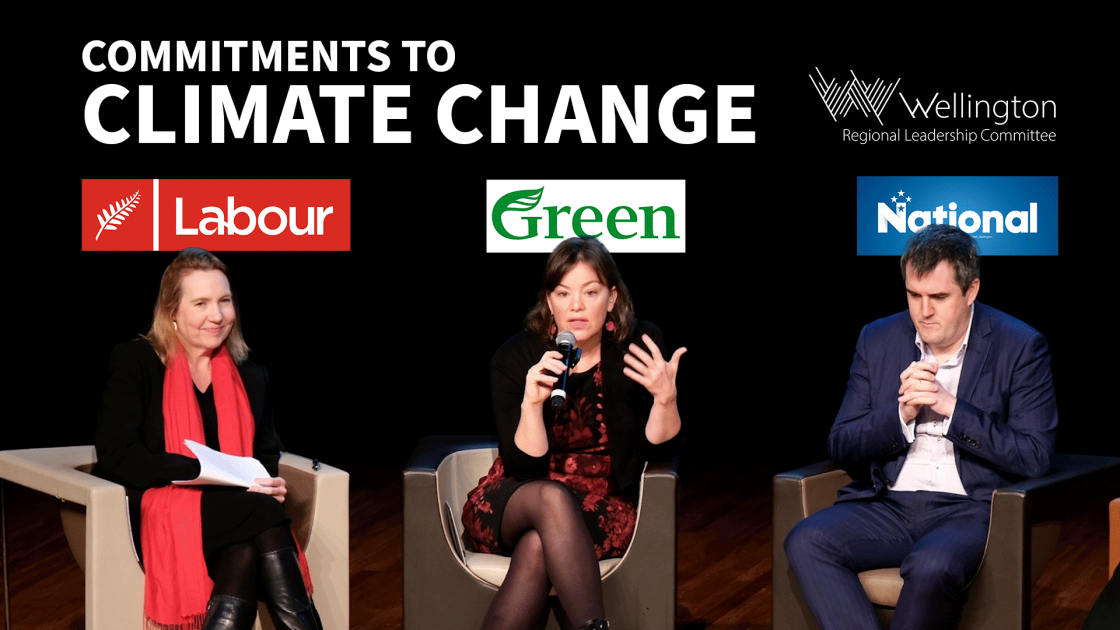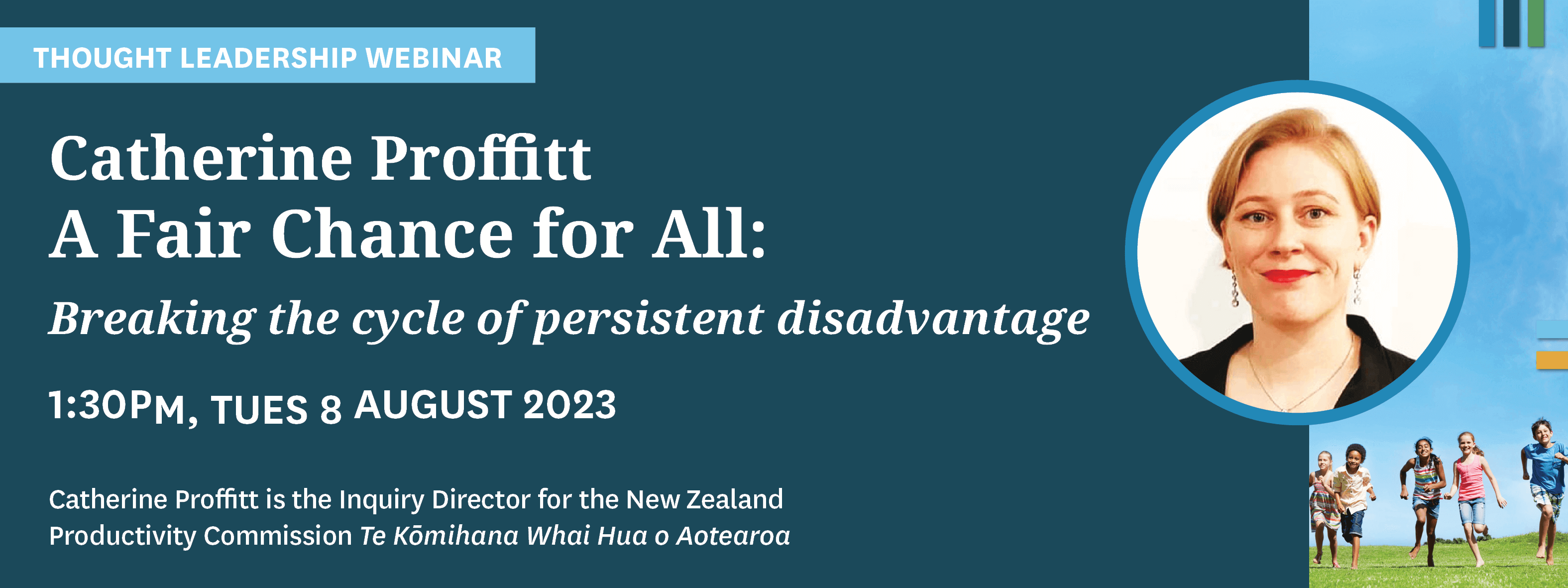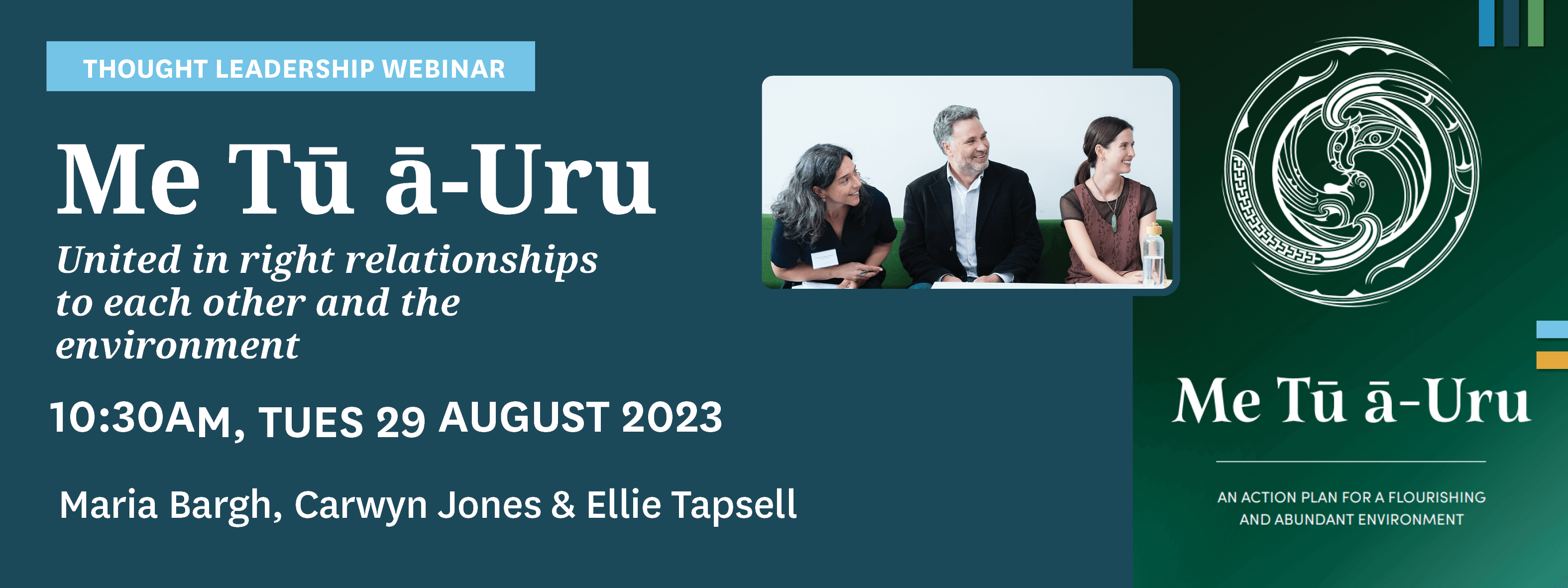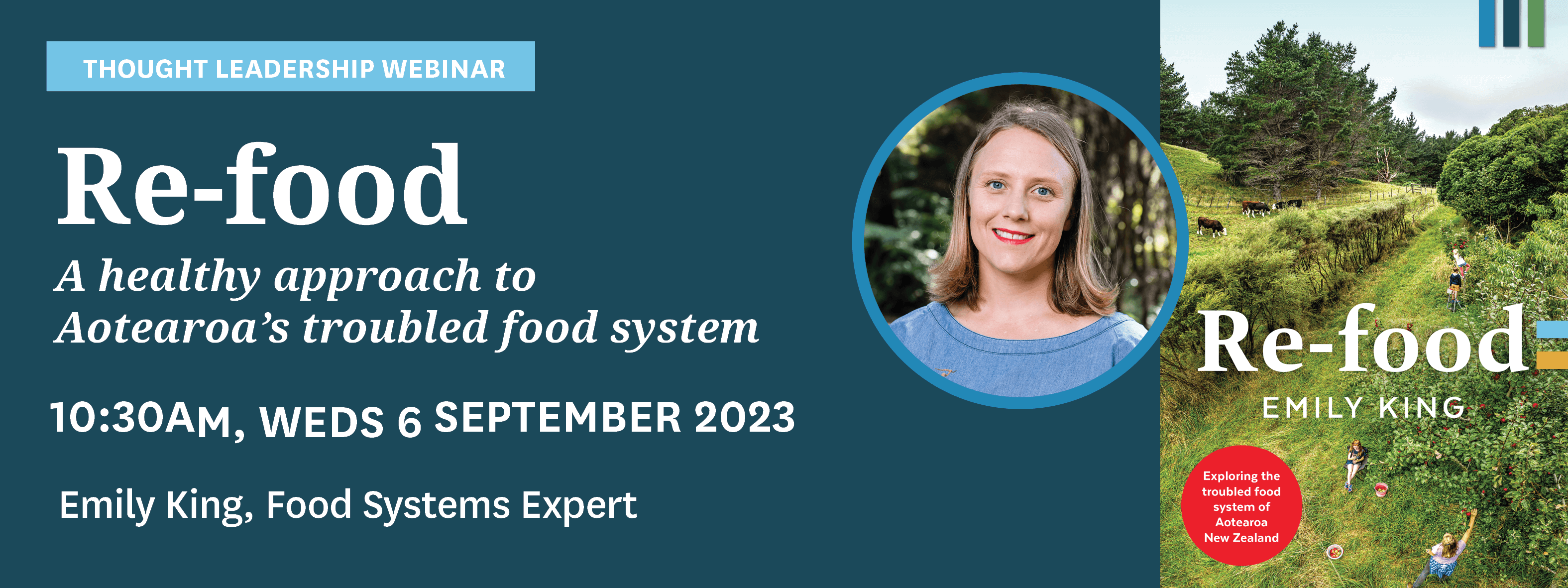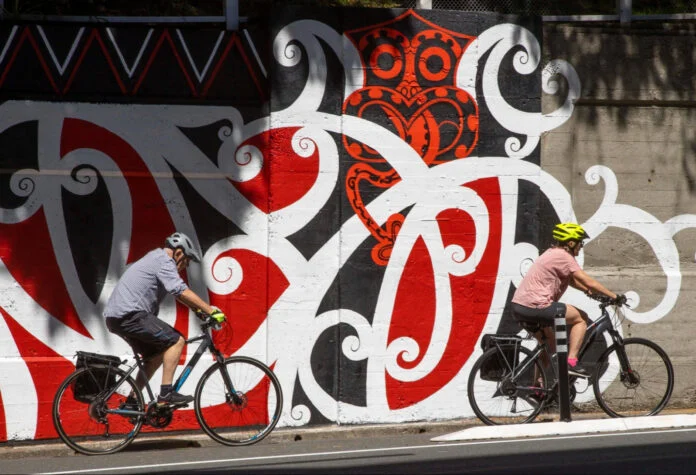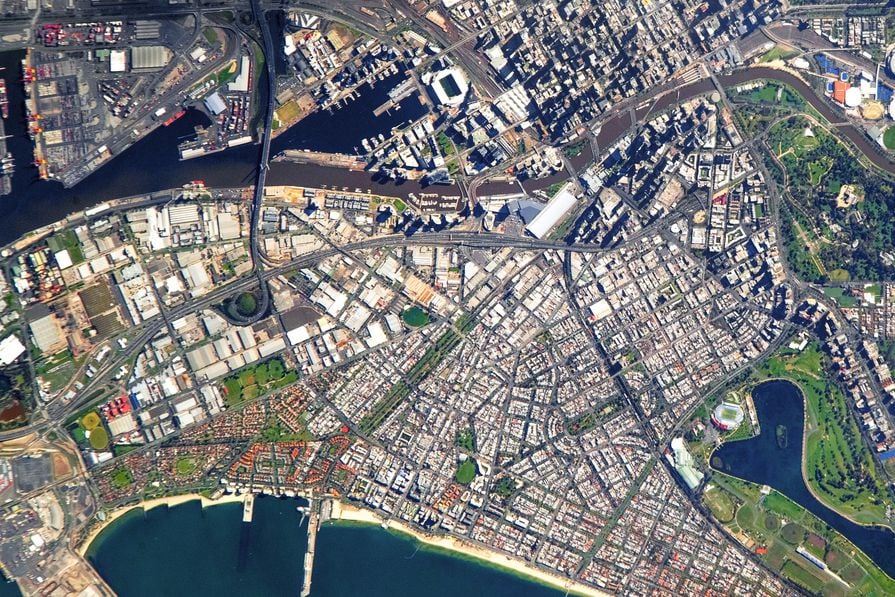Hōngongoi | July 2023
Kia ora koutou. In this month’s pānui | eNews:
Change is possible – Regional Emissions Reduction Forum Update
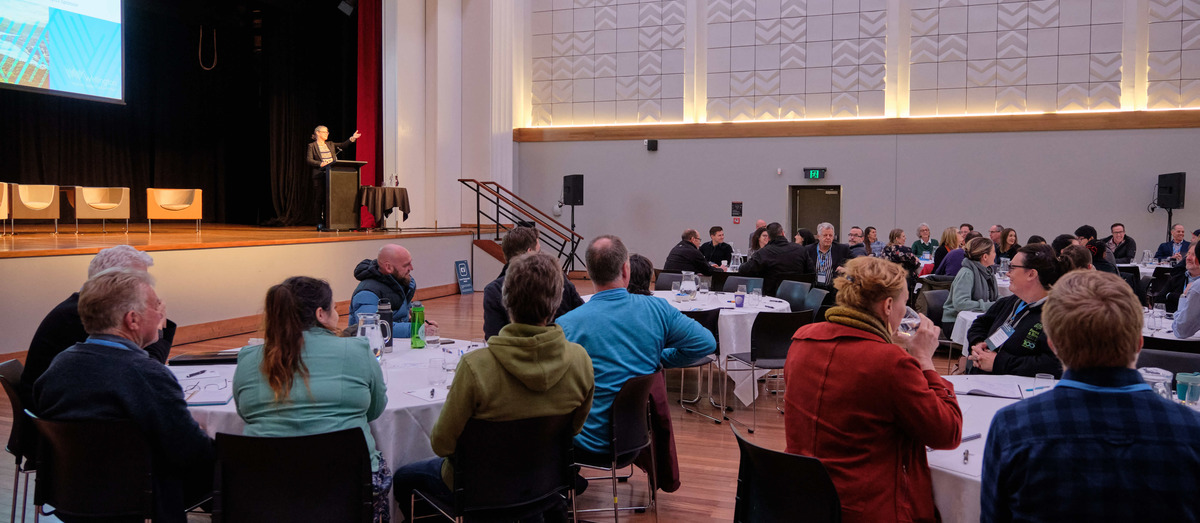
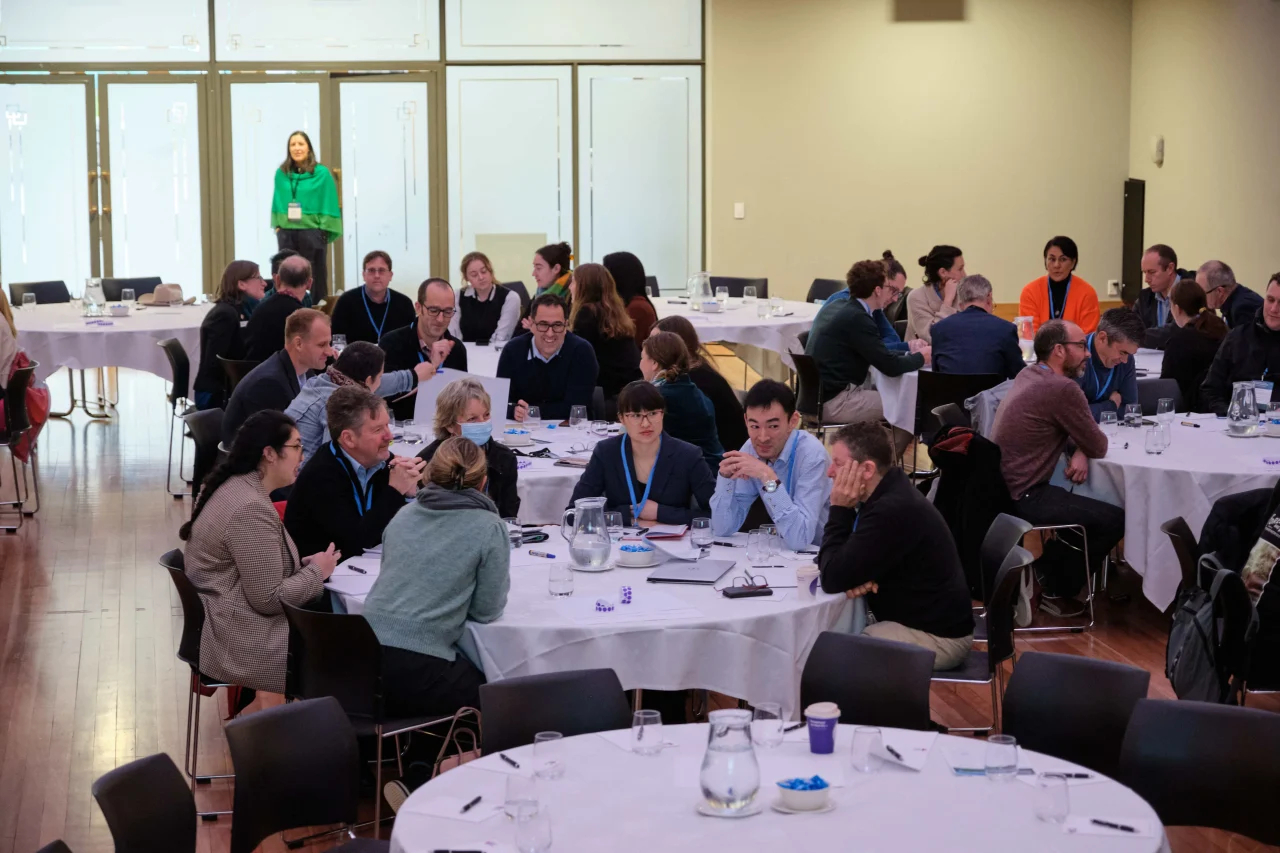
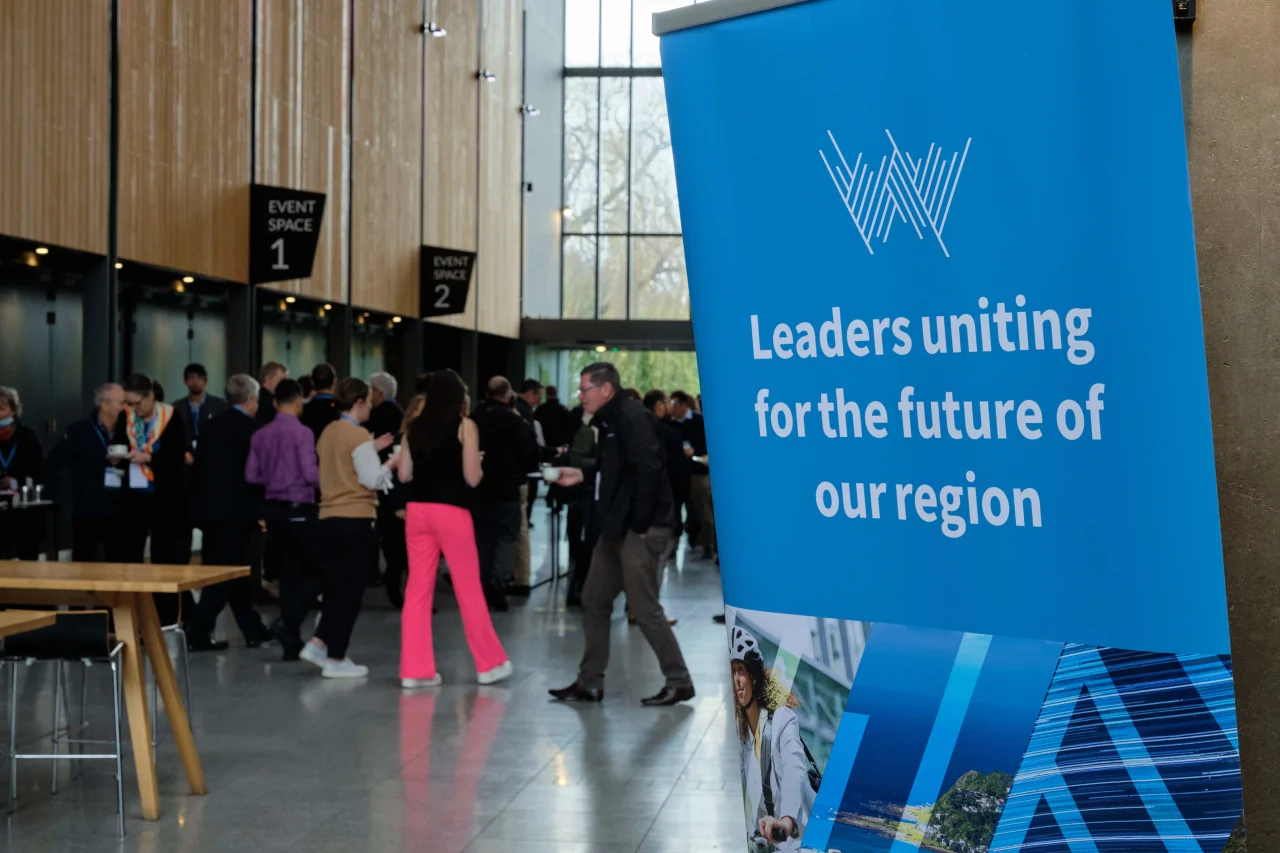
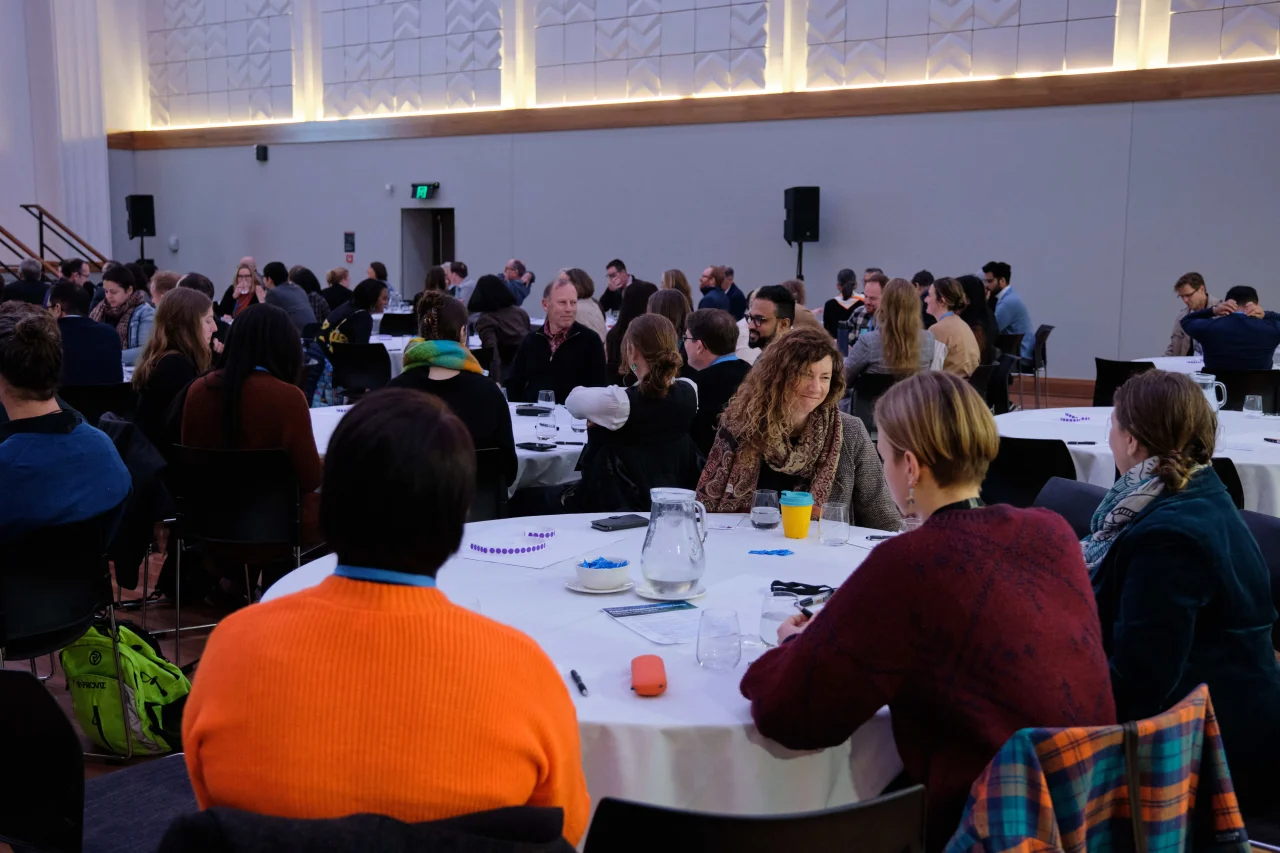
Regional leaders and political candidates discuss pathways to emissions reduction
More than 100 people from across the Wellington-Wairarapa-Horowhenua region came together on Monday 24 July to discuss opportunities to impactfully reduce carbon emissions.
WRLC Acting Chair Darrin Apanui said it was a valuable opportunity to collect perspectives.
“Our Regional Emissions Reduction Plan will show the path to a zero-carbon region. This forum gathered our stakeholders and partners together, so that they could help shape the plan in its early stages.
“We’ll need a co-ordinated approach to reduce emissions quickly, so it’s important to learn how we can meet our communities’ needs and aspirations from voices across the region.”
The Regional Emissions Reduction Forum gathered local and central government representatives, iwi, sector specialists and community groups to discuss how emissions could be reduced for the benefit of future generations.
Workshops were held on transport and urban planning, energy, agriculture, te taiao, building and construction, and enabling systems shifts. Arya Franklyn, Project Lead – Regional Emissions Reduction Plan, said the forum was very productive.
“We came away with excellent intel and ideas to sort through as we begin developing the Regional Emissions Reduction Plan. Smaller workshops will be held to unpack the key opportunities identified.”
“We want to see our region thrive socially, culturally, economically and environmentally for generations to come. That means making the hard decisions about emissions for the benefit of all people in our region.”
Keynote & Panel Recordings – Regional Emission Reduction Forum
Global solutions to carbon reduction and neutrality – Foresight Practitioner Melissa Clark-Reynolds NZOM, ChMInstD
Regional Food System Strategy Update
Our region’s food system has many strengths, being a vast, diverse and productive system, but there is also a lot of work to be done to future proof our food system. Currently in Aotearoa New Zealand, nearly 1 in 5 kiwi children live in households that are food insecure, lessening their ability to thrive with potential lifetime consequences. The food system also faces significant impacts from climate change, while also being a major contributor to our regional emissions.
These are some of the reasons that the Regional Food System Strategy project is such a vital opportunity to foster a sustainable, locally-based, and equitable food system.
Recent highlights and milestones from the project include:
- Mana whenua partners across the region came together to further define their visions and aspirations for kai security, kai sovereignty, and kai systems in their rohe. The strategy will provide independent funding to support their vision however they see fit. They will be a foundational decision maker of the RFSS.
- The Community Advisory Board (CAB) formed, made up of 20 passionate community leaders from across the region. The CAB will help inform the priorities, direction, and decisions of the strategy, alongside mana whenua.
- Technical Advisors from central government, industry, growing, retail, and climate/environment will gather this month, and will be crucial to designing and informing the RFSS.
- Te Whatu Ora is partnering with Muka Tangata (Workforce council for Food and Fibre) to carry out a series of workshops with farmers and growers in August to understand enablers and barriers to participating in a local food economy, and to hear their ideas and the support they need to produce food more sustainably.
- At the WRLC Annual Partners Forum in June, participants of a Food System Strategy workshop were asked to play “cynics” and “believers” in relation to our food system. Participants showed a lot of hope and passion around opportunities for local growers, addressing food insecurity, reducing waste in supermarkets, and exploring alternative land use.
- Food System Strategy Project Lead Tessa Acker was asked to present to the Hutt City Rotary Club, who are interested in supporting the strategy work.
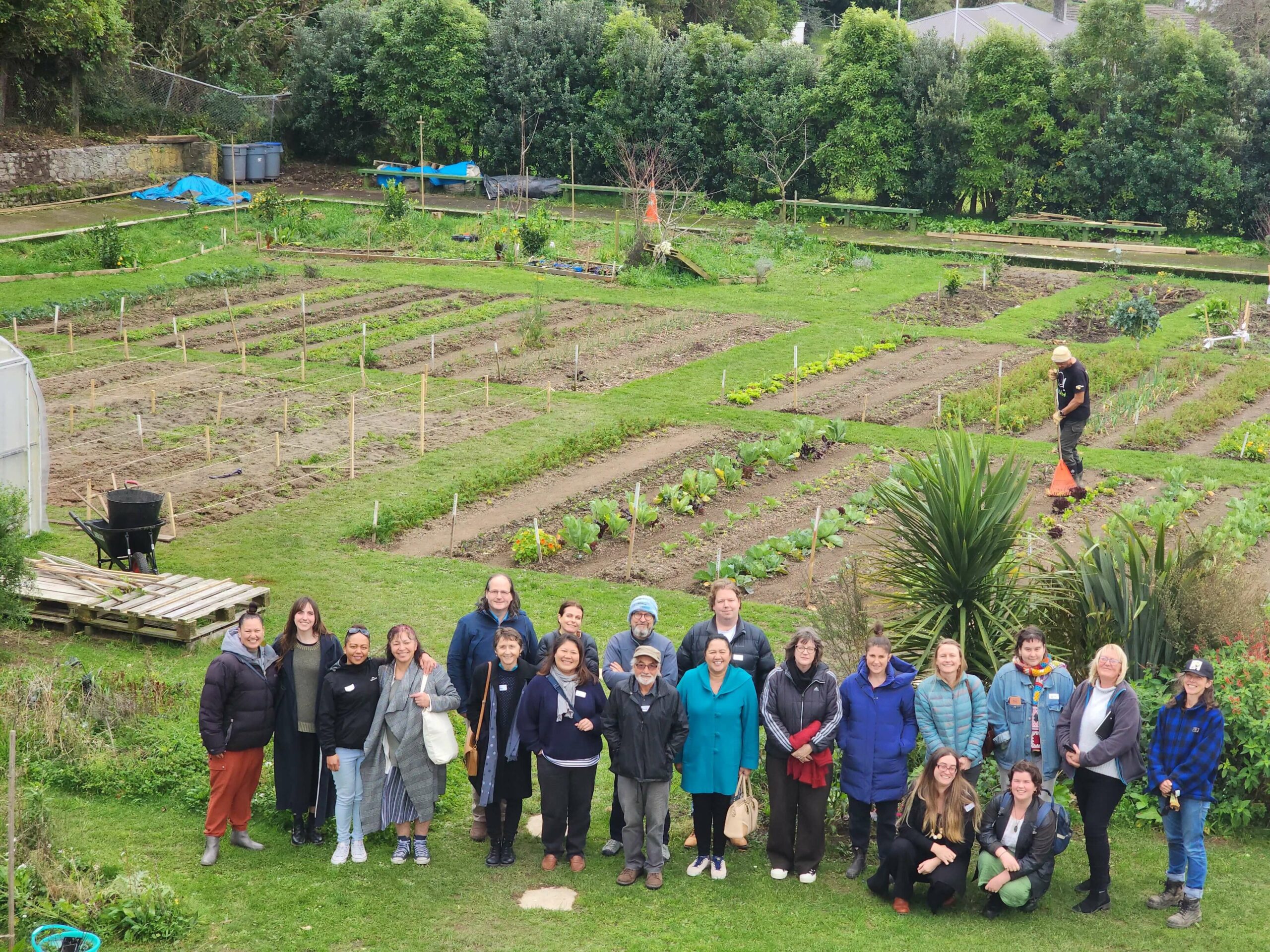
Photo: Regional Food System Strategy Hui – July 2023
Update on the Regional Economic Development Plan
WellingtonNZ are driving implementation of our Regional Economic Development Plan (REDP). Four new initiatives have been added – you can view the updated REDP here. Current initiatives underway to develop our science, technology and engineering workforce include:
- Summer of Engineering – Internship programme, 3 August
- The Technology Leadership Training Series, 2 August
- House of Science – improving science literacy in schools
Click below to find out more details about the exciting opportunities listed above and how they can benefit your business
Upcoming Thought Leader Webinars
We are lucky to have some excellent speakers and topics coming up in Q3. We hope you will take advantage of these easy-to-digest talks, which are usually only 20-30 minute, followed by Q&A.
A Fair Chance for All – breaking the cycle of persisent disadavantage
1:30pm, 8.08. 23 | Catherine Proffitt, Inquiry Director
In this webinar, Director of Inquiry Catherine Proffitt will discuss key findings and implications of the New Zealand Productivity Commission’s recently released report, ‘A Fair Chance for All’.
As Productivity Commission Chair Dr Ganesh Nana points out, “while ‘a fair chance for all’ is a concept that most – if not all – New Zealanders would buy into, this concept remains disturbingly illusory for many. the numbers not getting a fair chance are sobering.”
Me Tū ā-Uru – United in right relationships to each other and the environment
10:30am, Tues 29.08.23 | Professor Maria Bargh (Te Arawa and Ngāti Awa), Professor Carwyn Jones (Ngāti Kahungunu) and Ellie Tapsell (Te Arawa and Tainui)
Me Tū ā-Uru is an action plan for environmental governance and decision making that calls for shared authority of Aotearoa’s special places to ensure a flourishing environment for future generations.
The three presenters – members of the Me Tū ā-Uru working group – will speak to the action plan and the challenges and opportunities it presents for reaching healthier long-term human and environmental relationships.
Re-food – A healthy approach to Aotearoa’s troubled food system
10:30am, 06.09.23 | Emily King, Food Systems Expert
We are very lucky to have Food Systems Expert and author Emily King, speaking to the ideas and suggestions in her new book Re-food. Emily advocates for a food systems approach to Aotearoa New Zealand’s troubled food networks – one that takes into account the full paths and processes from the farm to the family table.
Emily advocates for a food systems approach to Aotearoa New Zealand’s troubled food networks – one that takes into account the full paths and processes from the farm to the family table.
Industry updates
Wellington City Council’s First Citizens Assembly
Wellington City Council has announced it will establish a Citizens’ Assembly to inform the development of the 2024-34 Long-term Plan – the Council’s budget for the next decade.
The Assembly will provide a collective view about which city services should be prioritised over the next 10 years.
Mayor Tory Whanau says diverse community input is critical to shape the Long-term Plan. Like all councils across the motu, “Wellington City Council must make some hard decisions, while protecting and supporting what Wellingtonians love most about our city. Meaningful and extensive engagement with the community will help us get it right.”
University partnership to create better urban biodiversity
WSP is partnering with RMIT University and the Australian Research Council (ARC) – on a pro-bono basis – to create better urban diversity.
Working on the Australian Research Council (ARC)-funded ‘Spatial planning for urban biodiversity conservation: implementing Biodiversity Sensitive Urban Design (BSUD) across scales and contexts’ project, WSP will help develop an open access online tool, to prioritise places for biodiversity action, and quantify the potential impact of different design and planning scenarios on urban nature.
While the benefits of nature in cities are widely known – such as improved air quality, biodiversity, physical and mental health and wellbeing, and a more resilient urban environment – there remains a lack of evidence-based guidance on how to arrange projects that achieve landscape ecological connectivity goals.
About the Wellington Regional Leadership Committee
WRLC is a joint regional partnership which brings together Iwi leaders, Mayors, Ministers of Government, and an independent chair, to work collaboratively on cross-boundary, growth-related challenges in the Wellington-Wairarapa-Horowhenua region.
WRLC exists to find better ways of working together to cultivate a region where people want to live, work and thrive.
Our projects cover five broad key areas that are integral to our shared growth-related cross-boundary challenges. These five areas are iwi capacity, housing, climate, transport and economic development and recovery. Find out more about our work on our project page, and if you’d like to talk or collaborate – get in touch at hello@wrlc.org.nz.
